Why your dream vacation could turn into a nightmare without warning.

Traveling is starting to feel like a risky gamble these days. Political turmoil is shaking things up both in the U.S. and abroad, making even the most carefully planned trips feel uncertain and, frankly, a little dangerous. It’s not just happening in obvious conflict zones, either. Protests, government crackdowns, sudden border closures, and even chaotic elections can throw your entire itinerary into disarray. And good luck finding reliable information when things get messy—most travel advisories feel outdated or vague by the time you read them.
You plan a dream vacation only to find out your destination is spiraling into chaos right before you leave. Suddenly, your biggest worry isn’t how to pack light or score the best hotel but how to stay safe and avoid a total disaster. Unfortunately, this new reality is making travel feel like more of a minefield than an adventure.
1. Travel advisories are constantly changing.

One minute your dream destination seems perfectly safe, and the next, it’s plastered with urgent travel warnings. Political unrest is making it almost impossible to keep up with which places are truly safe to visit, according to writers at Global Rescue. And here’s the kicker: ignoring those advisories can mess with your travel insurance coverage if something goes wrong. It’s not just the chaos of protests or political violence—economic instability, civil rights crackdowns, and even government shutdowns can make a destination feel unstable overnight.
It’s not like governments are always quick to update these warnings, either. You could be halfway through your trip when the situation suddenly escalates, leaving you scrambling to figure out your next move. It’s not exactly the carefree travel experience you were hoping for, especially when you’re shelling out big bucks for a long-awaited getaway.
2. Airlines are canceling flights without warning.
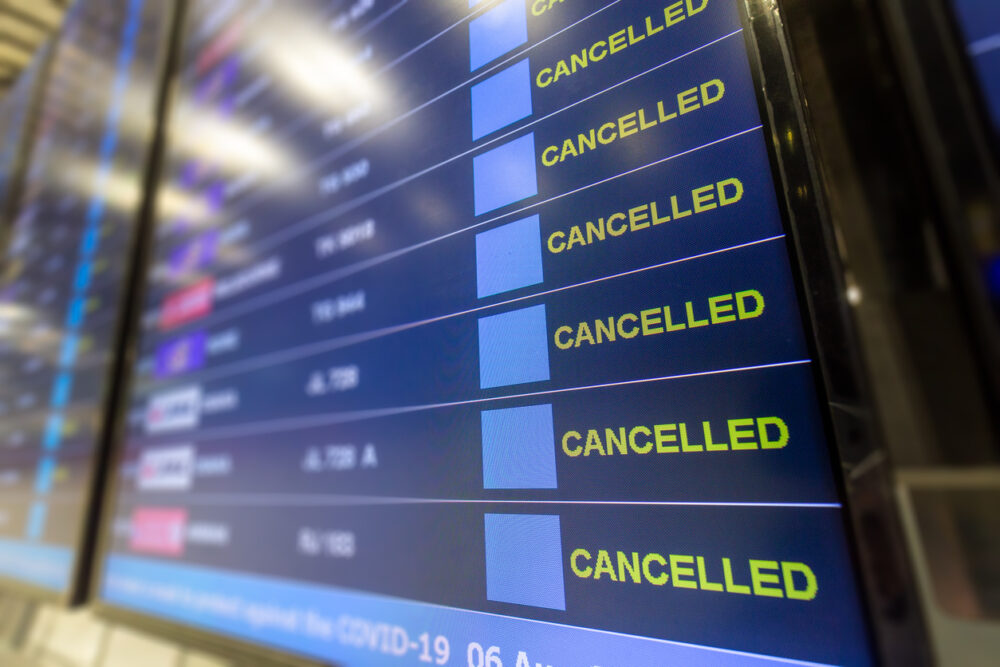
Airlines are quick to cancel flights when political unrest starts brewing, and they’re not always great at giving you a heads-up. Sometimes, you’re standing at the gate, all ready to board, when suddenly your flight’s been axed, and you’re left stranded in an airport full of equally frustrated travelers, as detailed in an AP report published by NBC News. It’s not just international flights, either. Political protests, labor strikes, or even government shutdowns can affect domestic travel in the U.S. without warning.
When flights get canceled for political reasons, the refund process can be a nightmare. Worse, if you’re stuck in a country with political violence breaking out, getting a flight home can feel like an impossible mission. You’d think airlines would have more solid contingency plans in place, but in reality, you’re often left fending for yourself when political chaos strikes.
3. Border restrictions are changing overnight.
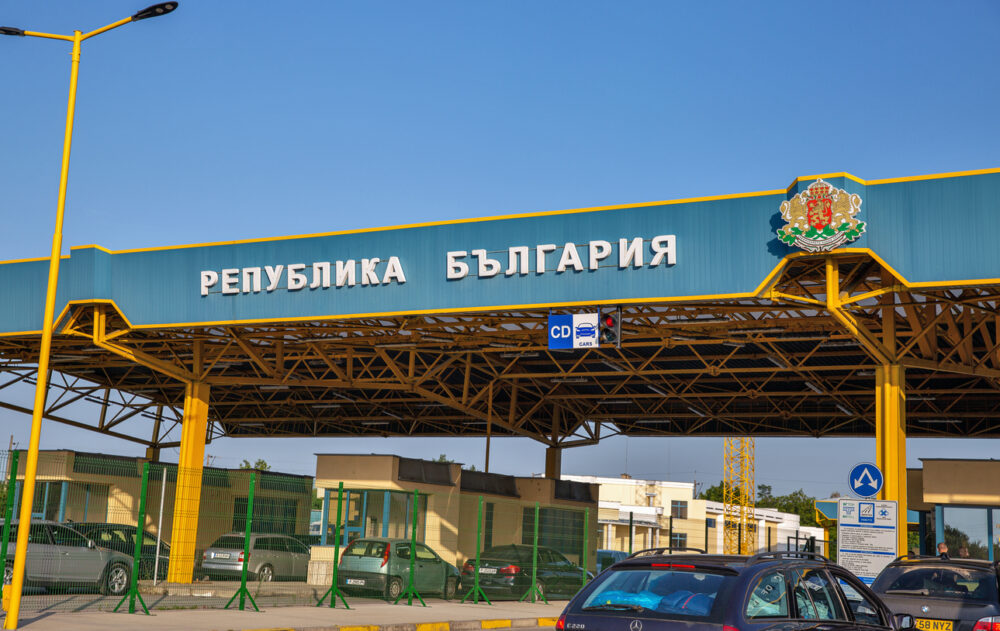
Imagine finally reaching your destination, only to be told you can’t enter the country because of new restrictions. It’s happening more often than you’d think. Political instability can trigger abrupt changes in border policies, from unexpected visa requirements to outright bans on visitors from certain countries, as reported by Nadine Yousif for BBC News. And it’s not just entry restrictions that are the problem. Political turmoil can also lead to sudden closures of airports or checkpoints, leaving you stranded or forced to reroute your entire trip.
Even if you do manage to enter a country, you could face increased scrutiny from immigration officials who are on edge due to the current political climate. When border policies change on a whim, it’s a stark reminder of just how vulnerable travel plans can be when political chaos takes the wheel.
4. Political protests are turning violent.
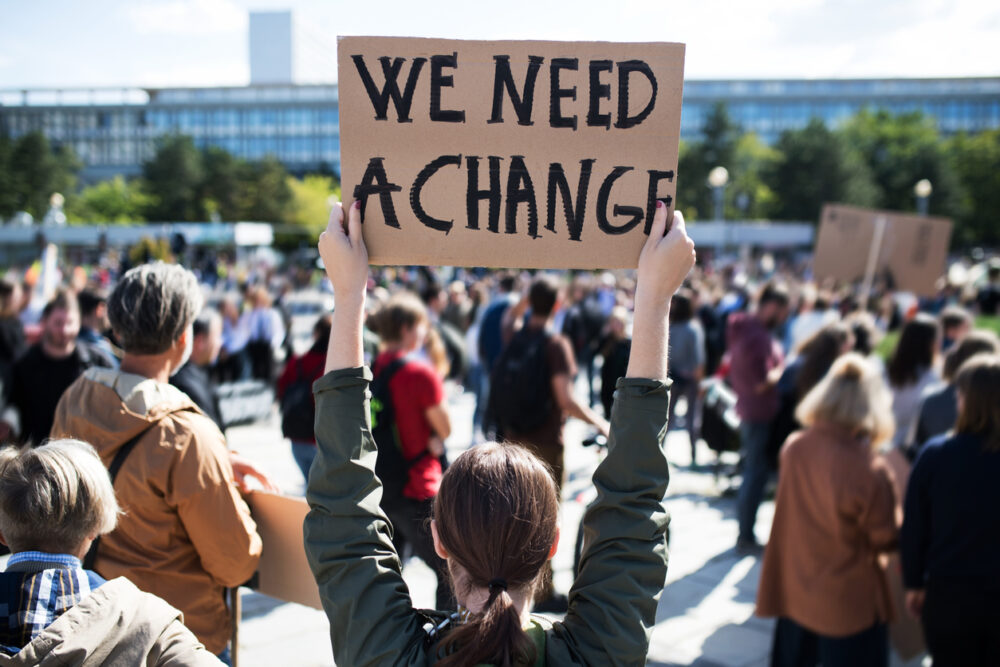
What starts as a peaceful protest can quickly turn into a chaotic and dangerous situation. Political demonstrations are on the rise globally, and while many remain peaceful, far too many are escalating into violent clashes between protesters and authorities. Being caught in the middle of tear gas, water cannons, or outright violence is every traveler’s nightmare. And it’s not like you always get a warning—it can happen with little to no notice, and suddenly you’re stuck in a city where safety is rapidly deteriorating.
Worse, according to Harvard Global Support Services, political protests can lead to transportation shutdowns, curfews, and other restrictions that can ruin your plans and leave you feeling trapped. Even if your destination is known for its tourism appeal, political demonstrations can turn a dream trip into a terrifying ordeal.
5. Hotels and tour operators are suddenly shutting down.
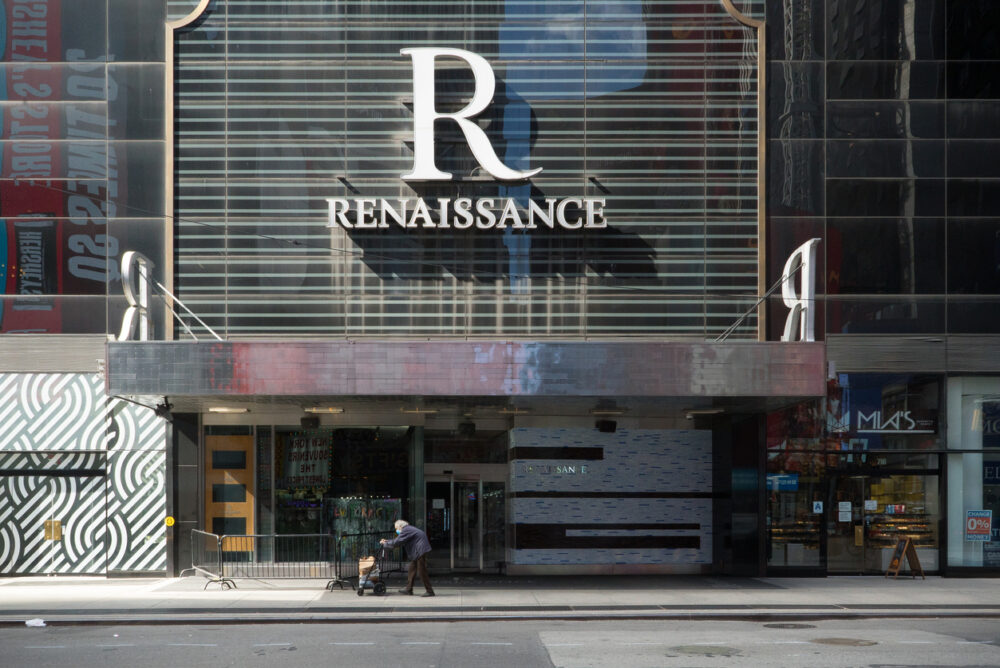
When political unrest hits a destination, hotels, tour operators, and other travel-related businesses can be forced to shut their doors with little warning. Sometimes it’s due to government mandates, safety concerns, or even just a sudden lack of tourists. Either way, it leaves you high and dry, with nowhere to stay and no idea how to salvage your plans. Getting a refund or even a reasonable explanation can be nearly impossible when everyone’s in panic mode.
If you’ve booked a tour that’s been canceled because the company had to shut down, good luck trying to get your money back. Political instability doesn’t just affect the locals—it hits travelers hard, too. And when everything goes dark, you’re left scrambling to figure out what to do next.
6. Insurance companies are refusing to cover political-related disruptions.

Just when you think you’ve prepared for every possible travel disaster, your insurance company hits you with the fine print. Most standard travel insurance policies don’t cover political unrest, meaning if your trip gets derailed by political chaos, you’re on your own. Even if you have a policy that covers civil unrest, getting a payout can be a bureaucratic nightmare. Insurers often require extensive proof of disruption, and even then, payouts are never guaranteed.
If political violence breaks out or the government shuts down key services, you can pretty much forget about getting reimbursed for lost flights, canceled tours, or extended stays. It’s a harsh reality that many travelers are learning the hard way. And when you can’t rely on insurance, suddenly your carefully planned trip feels a lot more fragile.
7. Local transportation systems are falling apart.
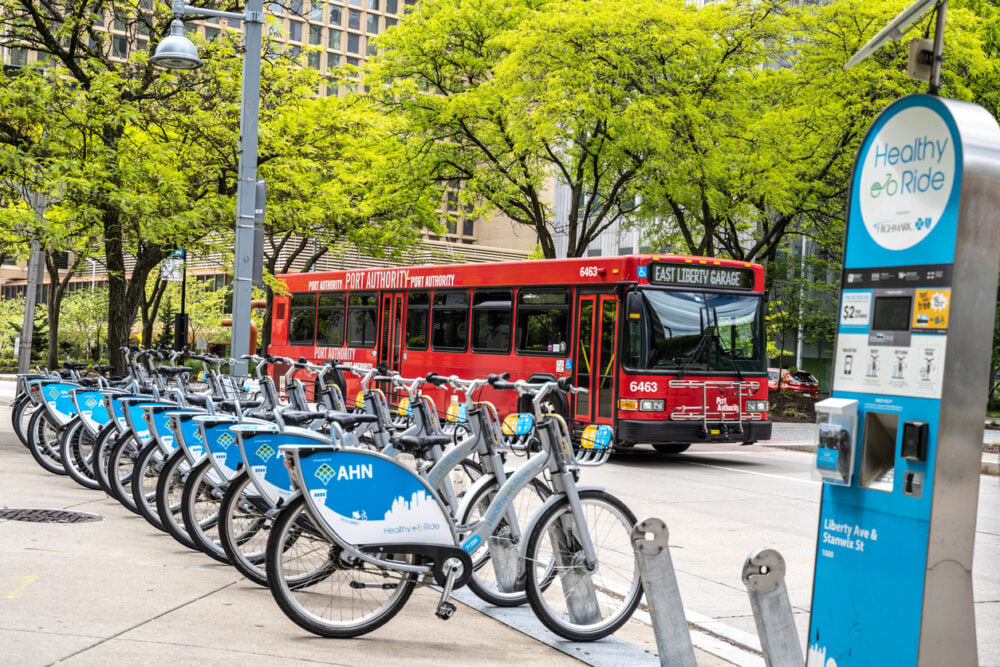
Public transportation is often the lifeline of any travel experience. But when political instability takes over, buses, trains, taxis, and even ride-sharing services can become unreliable or completely unavailable. Strikes by transportation workers are common during political upheaval, as are sudden government shutdowns of public transit systems to try to control unrest. Worse yet, roadblocks, police checkpoints, and unpredictable curfews can make getting around a logistical nightmare.
Even if you manage to find transportation, you’re likely dealing with delays, overcrowded conditions, and skyrocketing prices as everyone scrambles to get somewhere safe. It’s hard to enjoy a destination when just getting from point A to point B feels like a dangerous game of chance.
8. Communication blackouts are leaving travelers stranded.

When political unrest erupts, governments sometimes respond by shutting down internet access, restricting mobile networks, or even imposing total communication blackouts. And if you’re a traveler caught in the middle of all that, you’re in trouble. Suddenly, your phone is useless, your navigation apps are dead, and contacting your embassy or loved ones feels impossible. Just trying to get updates on what’s happening can be a nightmare.
Communication blackouts can also impact banking services, making it difficult to access your funds when you need them most. When you can’t communicate, your options shrink fast. It’s one thing to be lost in a foreign country with functioning internet—it’s a whole different level of fear when you’re cut off from the world altogether.
9. Currency instability is wrecking your travel budget.

Political turmoil often sends local currencies into a tailspin, and that can turn your carefully planned travel budget into a joke. One minute, your dollar or euro gets you a decent exchange rate, and the next, the local currency has plummeted, throwing everything into chaos. Sure, it might work in your favor if the exchange rate suddenly becomes more favorable. But if you’re traveling in a country facing hyperinflation or severe economic instability, prices can skyrocket overnight.
And good luck using your credit or debit cards when banks are on the brink of collapse or ATMs are shut down due to security concerns. Financial unpredictability is one of the most stressful aspects of traveling during political instability, especially when you can’t even trust your money to get you out of a bad situation.
10. Tourist attractions are shutting their doors.
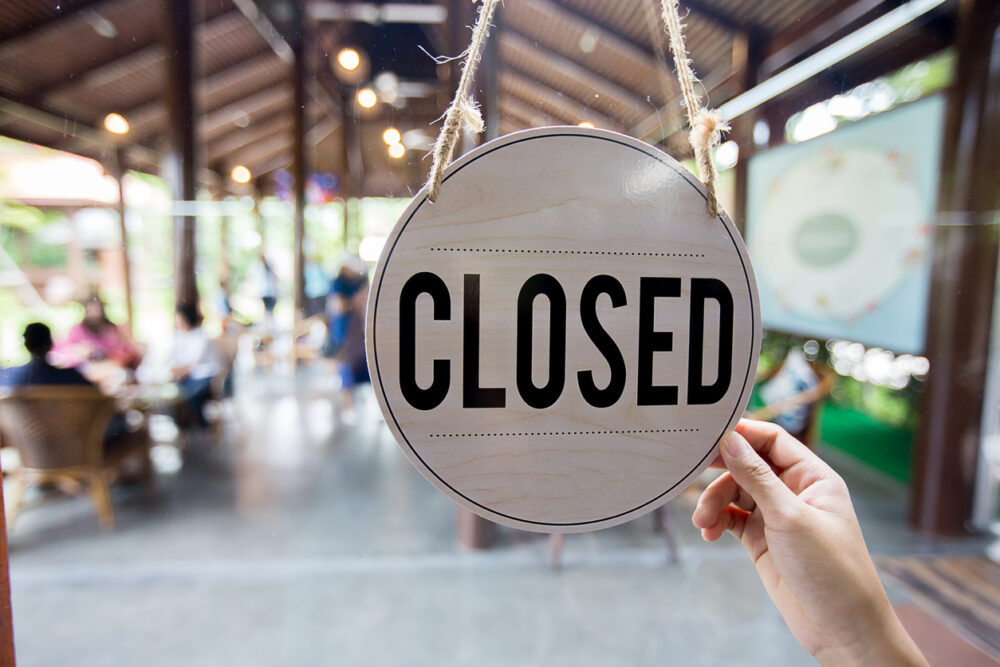
Nothing ruins a trip faster than finding out the iconic sites you traveled halfway around the world to see are suddenly closed. Political turmoil often forces the closure of popular tourist attractions, either for safety reasons or due to lack of resources to keep them open.
Even if the sites themselves remain accessible, protests, riots, or government-imposed curfews can make visiting them too dangerous or downright impossible. If you’ve booked expensive tickets or guided tours in advance, you can kiss those dollars goodbye if the closures are last-minute. Political instability doesn’t care about your bucket list, and it’s frustrating when your entire itinerary falls apart because of chaos you had no way of predicting.
11. Visas and travel permits are suddenly revoked.
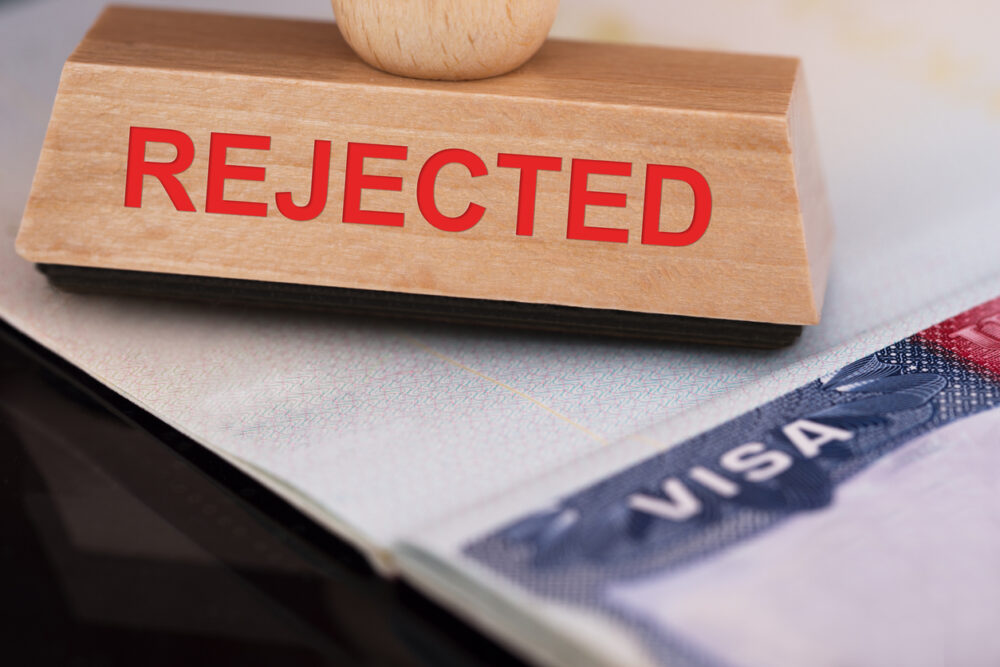
Just because you have a visa doesn’t mean you’re guaranteed entry. Political tensions can lead to abrupt changes in visa policies, leaving travelers stranded at airports or denied entry at border crossings. Sometimes it’s an issue of stricter screening processes, while other times, countries might suddenly stop issuing visas altogether.
If you’re already in the country when things go south, getting out can be just as tricky. Even travel permits for specific regions can be revoked without notice, putting entire travel plans in jeopardy. When political chaos dictates who gets to enter and leave, the last thing you want to find out is that your paperwork is suddenly worthless. It’s the kind of unpredictability that can turn a dream trip into a nightmare.
12. Anti-tourist sentiment is growing in unstable regions.
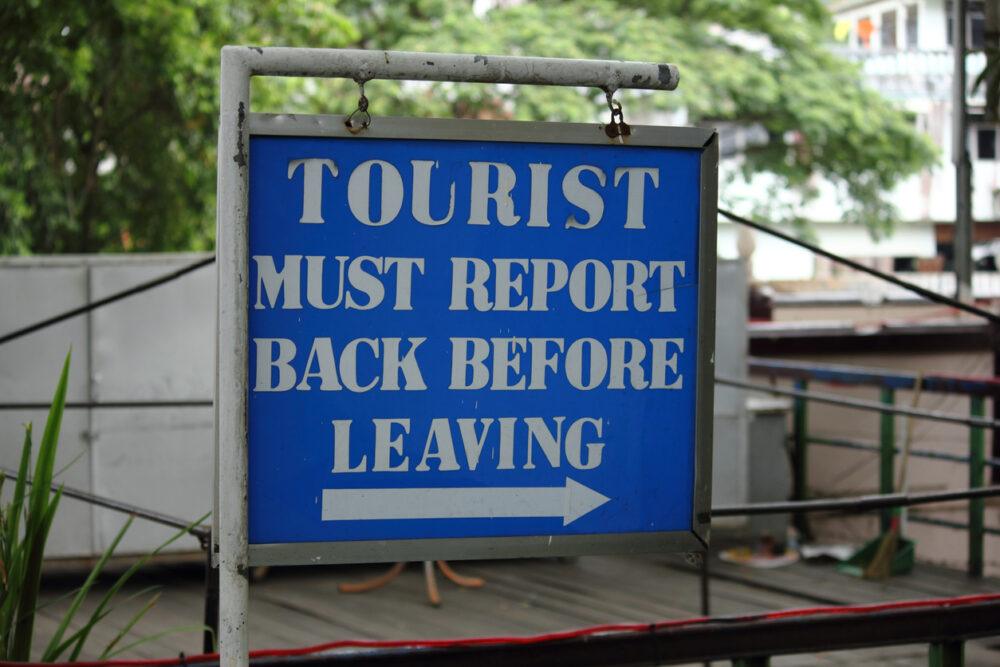
Political instability tends to breed resentment, and tourists are often caught in the crossfire. In regions where the locals are frustrated with their government or facing economic hardship, tourists can quickly become targets of anger and resentment. Whether it’s due to perceived insensitivity, political disagreements, or just the sheer privilege of being able to travel, anti-tourist sentiment is on the rise in many politically unstable areas.
The last thing you want is to find yourself on the receiving end of that hostility. Even if you’re being cautious and respectful, you can’t control how others will perceive you. It’s an unsettling reality that makes navigating politically unstable areas even more complicated than it already is.
